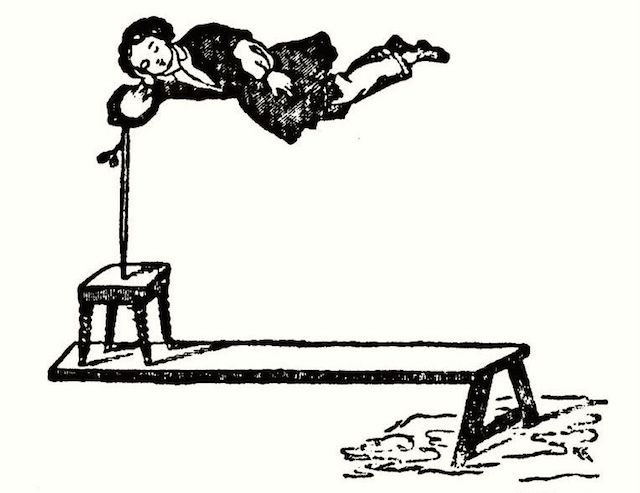When our clients tell us about their products or services, we invariably ask two questions: (1) Is there a market for it? (2) If we hand you a check right now, can we buy it? The latter is to prevent putting carts before horses. The former is to prevent the manufacture of solutions in search of problems.
It’s easy to forget marketing is powerful. It’s even easier to overlook the fact that it can cross the line between manipulative and nefarious. Case in point: In his book, The War of Art, author Steven Pressfield wrote this:
Do you regularly ingest any substance, controlled or otherwise, whose aim is the alleviation of depression, anxiety, etc.? I offer the following experience: I once worked as a writer for a big New York ad agency. Our boss used to tell us: Invent a disease. Come up with the disease, he said, and we can sell the cure. Attention Deficit Disorder, Seasonal Affect Disorder, Social Anxiety Disorder. These aren’t diseases, they’re marketing ploys. Doctors didn’t discover them, copywriters did. Marketing departments did. Drug companies did.
I don’t dismiss, belittle, or make light of biological depression and anxiety disorders. I’ve suffered from both. But the notion that a market can be created for — a nation or a culture duped by — the selling of cures in search of diseases is true. It’s also unethical at best, obscene and destructive at worst.
As Pressfield’s experience suggests, buyers certainly must beware. But as marketers, we have an obligation to conduct ourselves ethically toward — to take some responsibility for — our consumers, do we not?
The idea of entire markets being the products of subterfuge and exploitation does have a kind of morbid fascination about it. It’s as if W.C. Fields inspired entire industries when he said, “Never give a sucker an even break or smarten up a chump.” But are those words to live by, let alone to profit by? Positively not.
Consider: The term, abracadabra, derives from the Aramaic language. Abra comes from the verb, bra, meaning to create. Ca translates to as in English. Dabra is the first person of the verb daber, which means to speak. So, abracadabra literally means, I create as I speak. At a David Copperfield show, that’s entertainment. In business, it’s contemptible.
We’re all suckers for a little hocus-pocus now and then. Sometimes being dazzled is pleasurably preferable to being dampened. But deliberate deception has no place in marketing.
We should have no illusions about that.
—
By anon (http://www.leafpdx.com/donate/two_odd_volumes.pdf) [Public domain or Public domain], via Wikimedia Commons.

